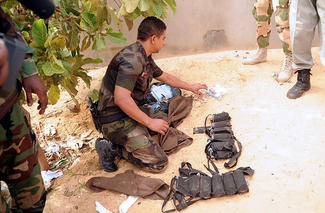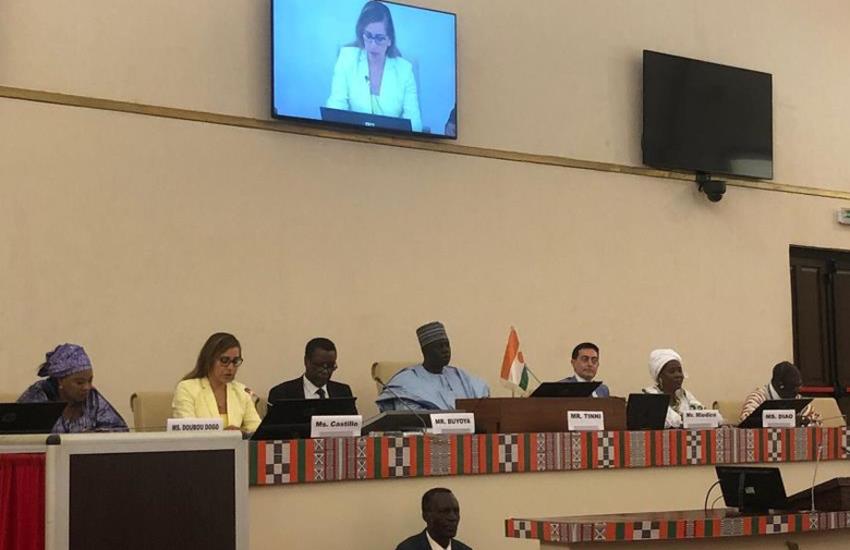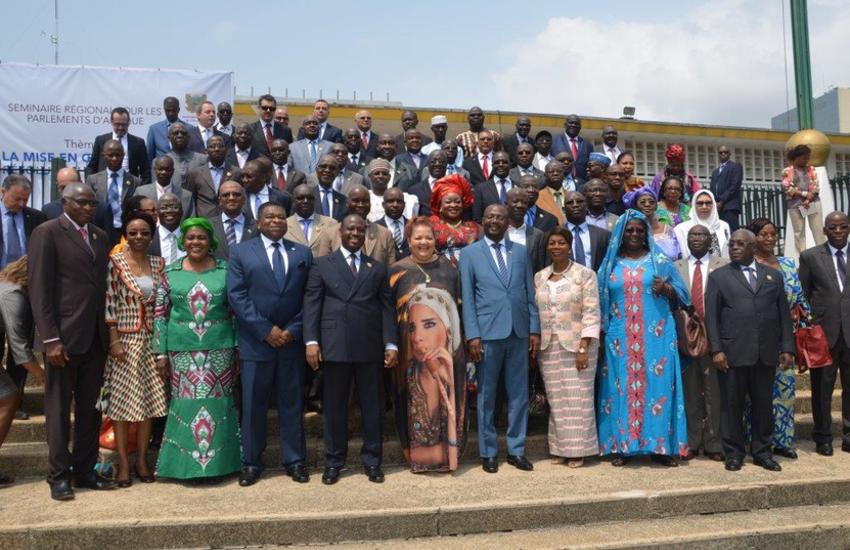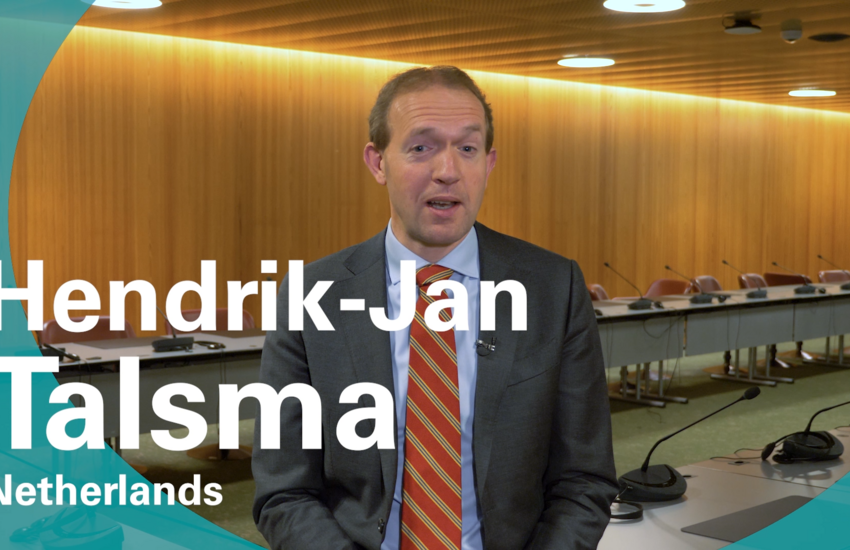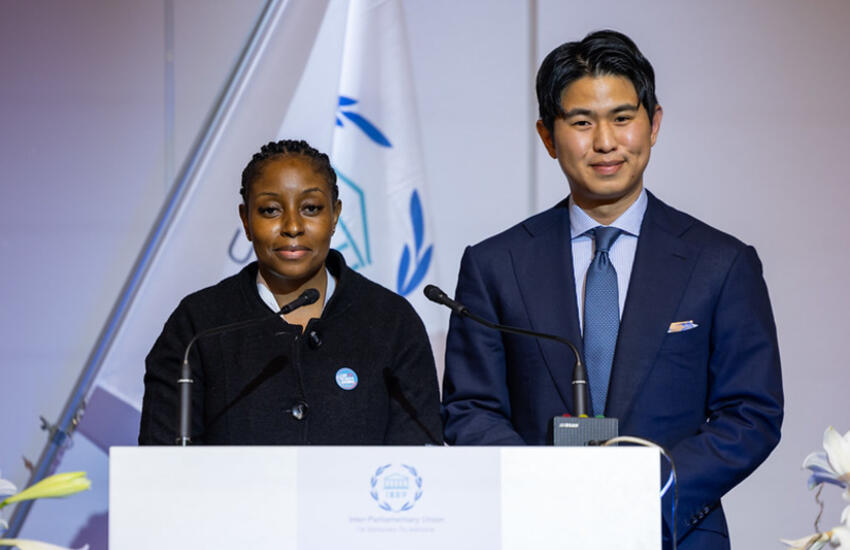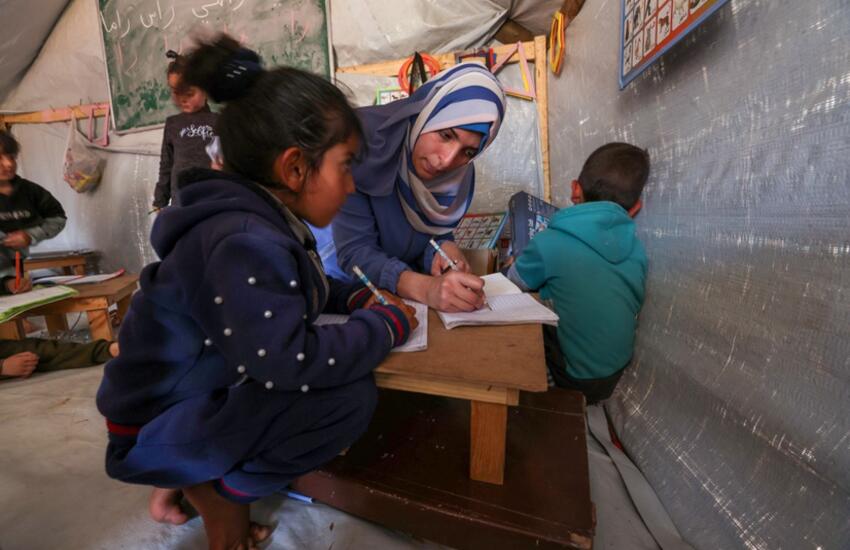IPU and the Parliament of Côte d’Ivoire are organizing a workshop to deliver vital information on how parliaments can stop the spread of weapons of mass destruction (WMDs). The event will give MPs from across Africa practical training on the risks posed by WMDs, the role of UN Security Council Resolution 1540 in dealing with the threat, and the pivotal role of parliaments in implementing the resolution. It is being organized in partnership with the 1540 Committee, which oversees implementation of the resolution, and the UN Office for Disarmament Affairs.
WMDs are most likely to spread in areas of fighting and terrorist activity, making this a key issue for a number of countries across Africa which are dealing with the challenges of conflict and terror groups operating across national borders.
Resolution 1540 (PDF) obliges governments to implement effective laws, rules and regulations to prevent terrorists and other groups from acquiring WMDs. The seminar will include information on practical steps to achieving this, such as closing loopholes in national laws and regulations, and will examine the strengths and weaknesses of existing laws. It aims to strengthen parliaments’ ability to assess and lower the risks posed by WMDs, and to trigger informal cross-border networks and contacts between the MPs who attend.
The event, to be held in Abidjan on 22 and 23 February, will include a keynote address by the 1540 Committee chair, Román Oyarzun Marchesi of Spain.





